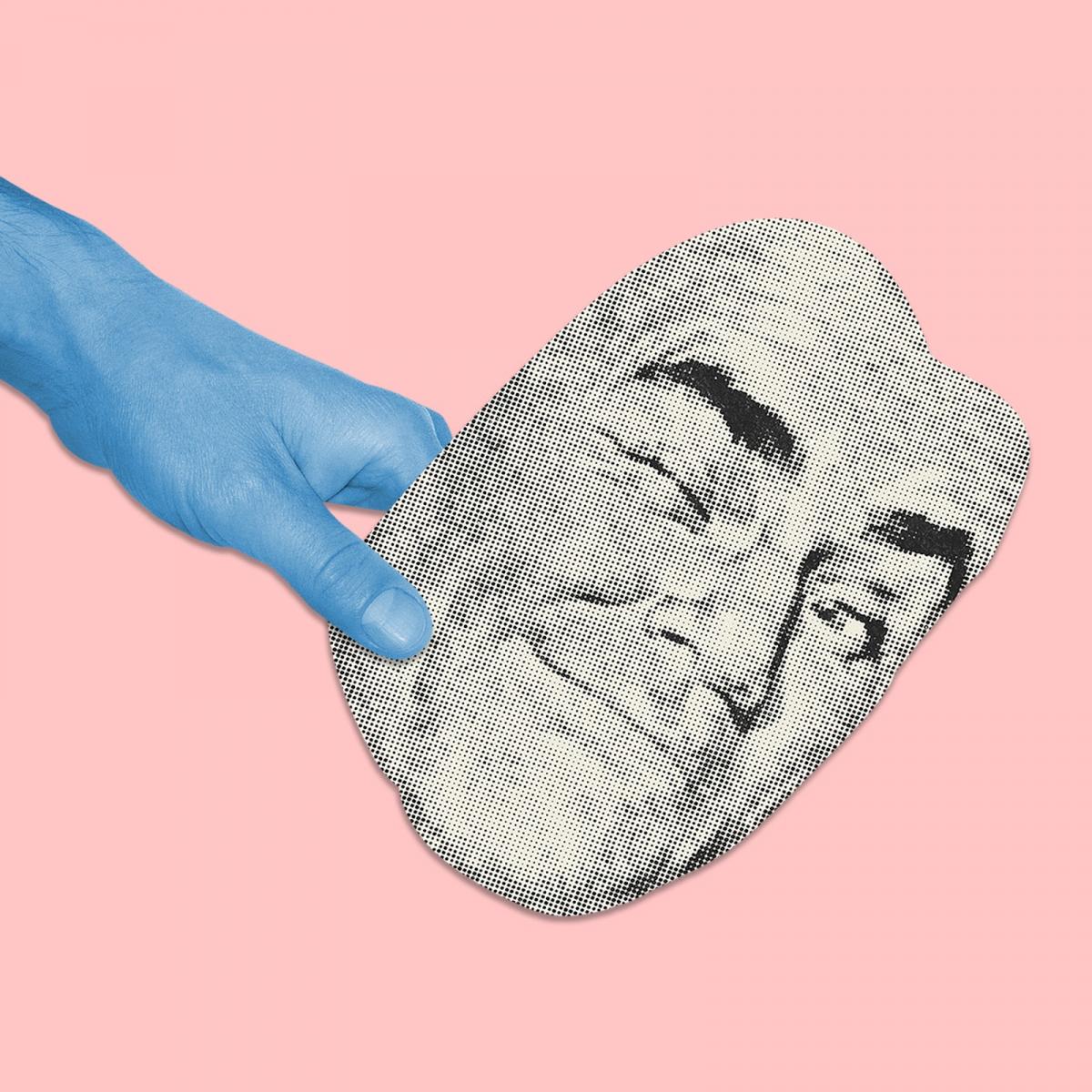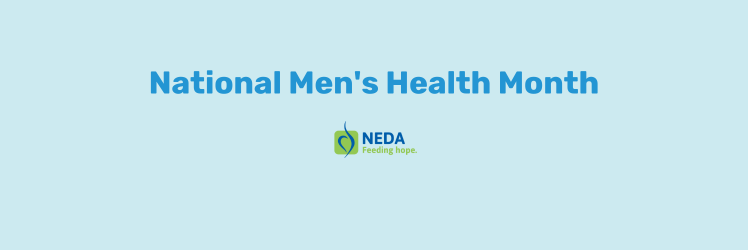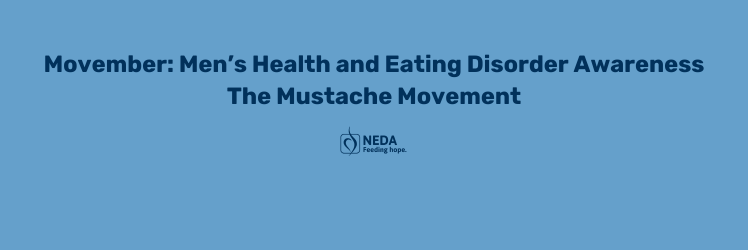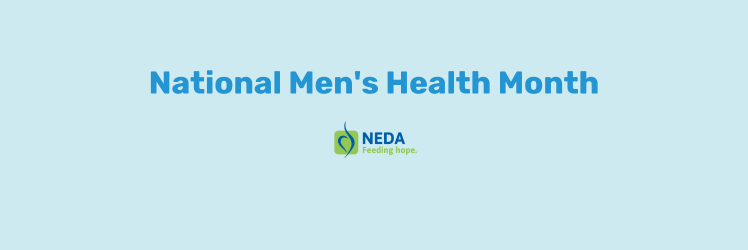
Shame divides us. It isolates us. It’s passed down to us, and we learn to keep it locked away, only for it to fester and invade the places within us where self-esteem, dignity and vulnerability should reside. It hides behind a temper, whispers through comparison, and shouts through cynicism. It makes us bitter and guarded from a life of authenticity and connection.
I’ve felt this shame since I first became aware of my mental illness as an adolescent. And over the years it has controlled me; it has defined me. But this shame wasn’t a product of my true self; it was cultivated—by my culture, media, my peers, my family—by those that shaped my identity and that I put my trust in.
I remember the first time I worked up the courage to share that I thought I may have depression, only to hear that I only felt this way because I was a young, growing, hormonal boy in a time of emotional turmoil and confusion. Mortified, I resolved to not speak it again. I had no idea that a future of silence would evolve to the things that it did—things that consumed and wore me away over time because I was too afraid and ashamed to speak up.
Over the years, my shame convinced me there was something wrong with me, that I didn’t appreciate my blessings, that I wasn’t trying hard enough; that I was weak, broken and unlovable. I felt that if anyone knew the truth, that I hated my life and myself, that they would in turn be embarrassed or ashamed of me. So, I internalized it all, wiring it deep within myself—not only to keep the thoughts and emotions unknown, but to keep me from feeling them altogether.
I was finally forced to acknowledge my mental illness when it manifested through an eating disorder and nearly ended my life. Through a long, ongoing journey of treatment and recovery, I’ve begun to understand the extent of my shame and the barriers I’ve built to keep me from true authenticity and connection. I’ve begun to break down the walls of pain and fear, but only because I have been fortunate enough to receive the help and resources to get me to this point—a position in which many people, especially men, are not able to find or accept.
Experiencing treatment and recovery as a male has been a deeply confusing and isolating experience. The culture and media dismiss me, stigma and stereotypes misrepresent me. According to culture I am either pathetic, deserving, or dangerous. In TV and the movies people laugh at me, or say I am lazy, or scary. It is no wonder that boys and men are suffering in silence, too afraid and ashamed to speak up like I was.
Stigma and stereotypes must change, beginning with education. But education cannot withstand centuries of prejudice and intolerance. Our society must acknowledge mental illness in our families, friends, and colleagues without judgment or repercussion. We must take a stand—whether it be in personal, societal, or legal settings. It must not only be acceptable but encouraged for those suffering from these illnesses, diseases and disorders to seek and accept appropriate and adequate treatment and support for these conditions.
We must provide access to all people, regardless of gender, appearance, behavior, or financial circumstances to seek and accept care and support for mental illness without shame. By challenging prejudice and the practice of discrimination, we can change the perspective of our society to accept, include, and encourage those of us who struggle to fully show up in this world, so that we may thrive with a joy and hope that is unyielding.
Jordan Staats is a graphic designer and mental health advocate living in Indianapolis with his spouse, Libby. Through his own eating disorder recovery, he has found a passion to share his story and his art in the hopes that it may not only reach those on a journey of healing but will also inspire understanding, empathy and support for the many different people that eating disorders affect.






